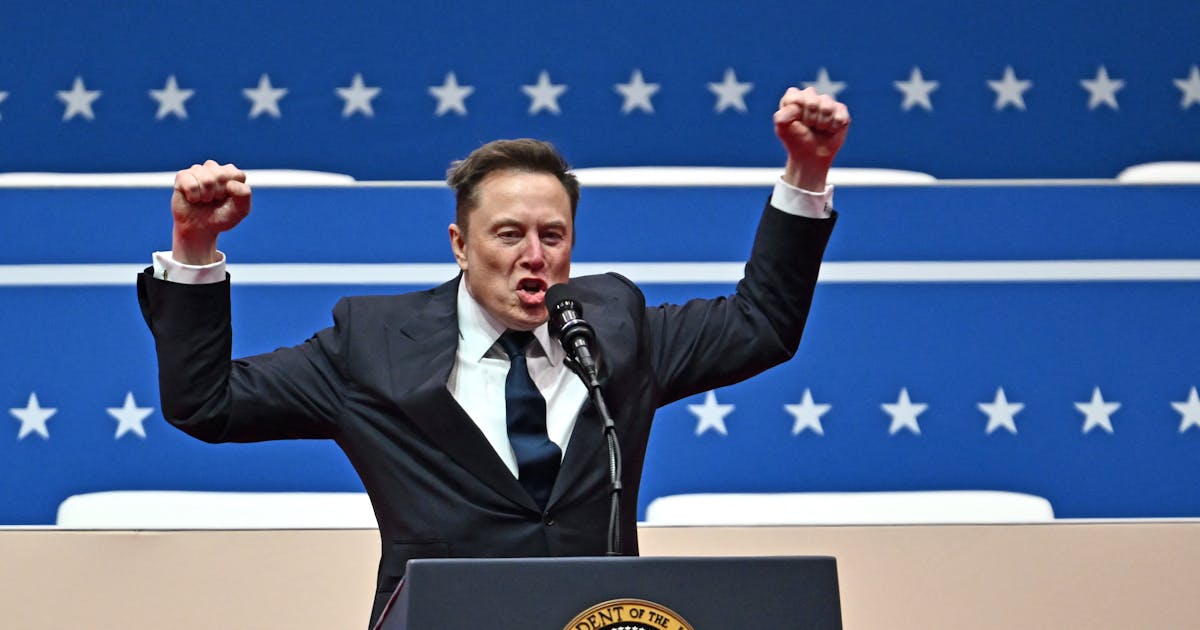Summary
Elon Musk’s powerful role in Trump’s administration has sparked concerns over divided loyalties and unprecedented influence in government.
His plan to slash federal agencies, notably USAID, risks undermining America’s diplomatic, economic, and security interests domestically and abroad.
Meanwhile, his booming Tesla operations and extensive financial ties with China have significantly boosted his wealth and global market position.
Critics and lawmakers warn that prioritizing personal gain over national security may erode U.S. influence, inadvertently empowering rival powers and destabilizing international order.



Musk’s latest performance art: Statesman or Xi’s middleman? The man who privatized Mars now brokers geopolitics, conveniently aligning his battery factories with Beijing’s territorial hallucinations. Tesla’s Shanghai megafactories aren’t just assembly lines—they’re loyalty pledges wrapped in lithium.
Meanwhile, gutting USAID to please the MAGA base while China’s Belt and Road scoops up the rubble? Brilliant. Nothing secures legacy like handing adversaries the shovel to dig your grave. Taiwan’s “special administrative zone” fantasies and TikTok acquisition rumors? Just harmless eccentricities, right?
Funny how “full self-driving” requires regulatory capture in both hemispheres. But who needs sovereignty when stock valuations hinge on appeasing autocrats? The real autonomous feature here is Musk’s moral compass—preprogrammed to evade ethical waypoints.